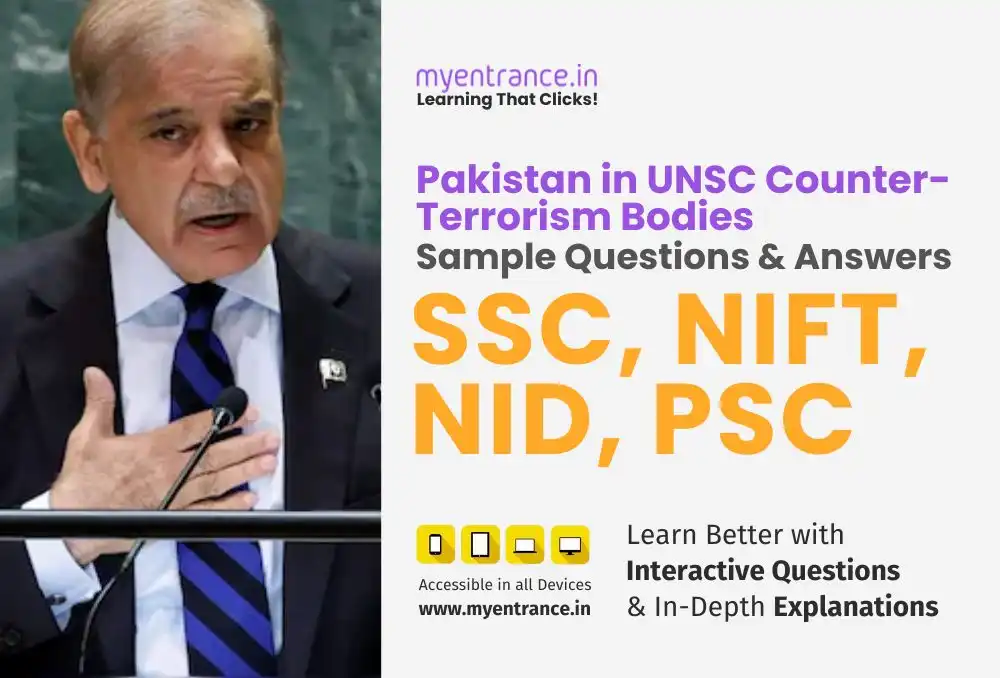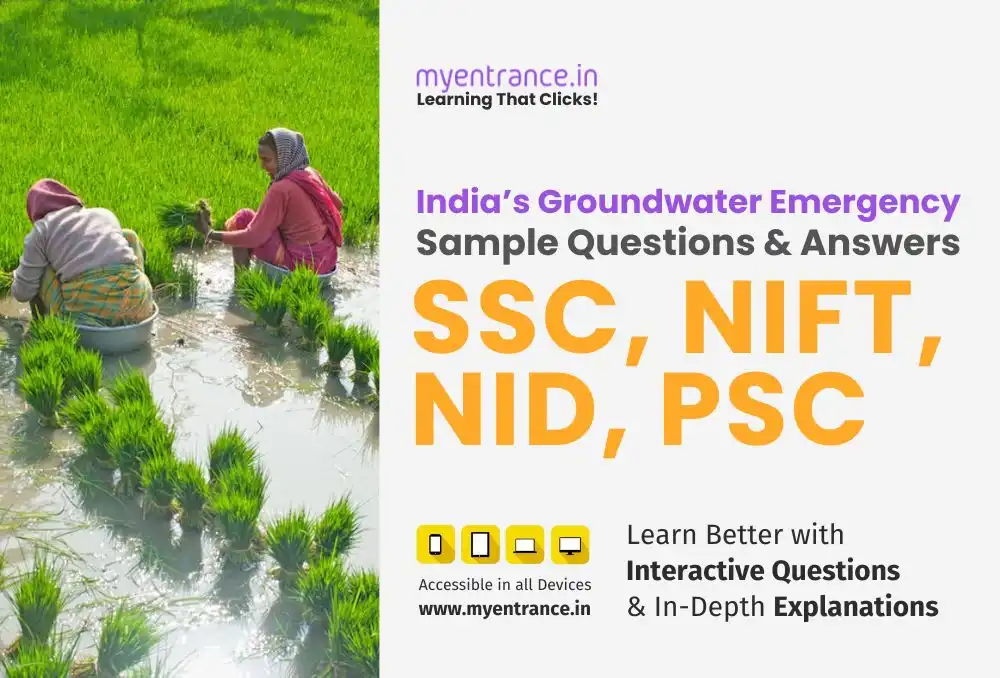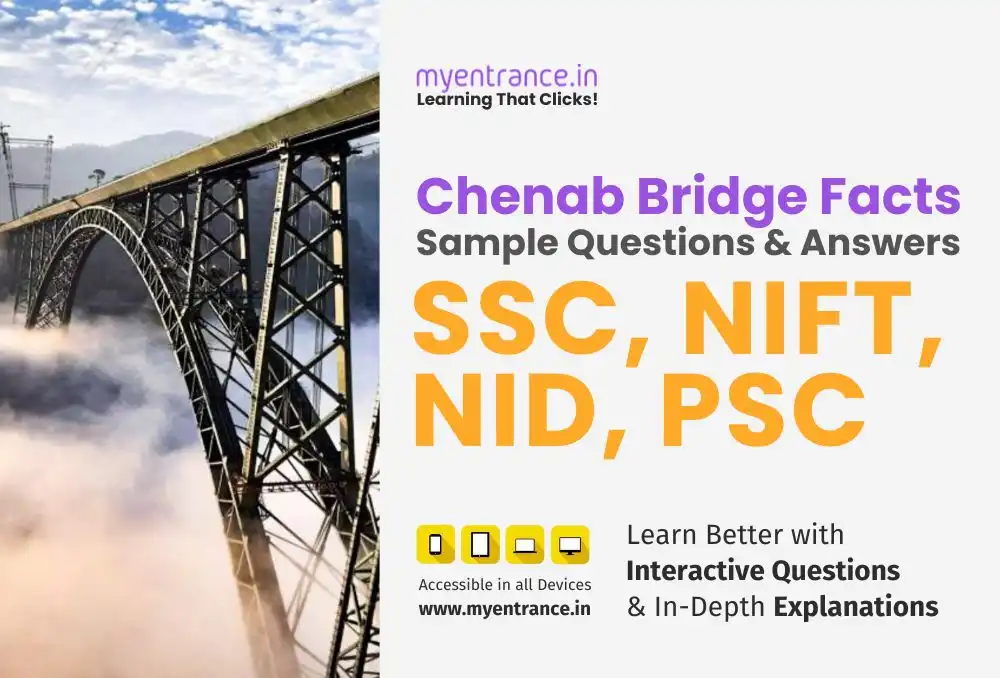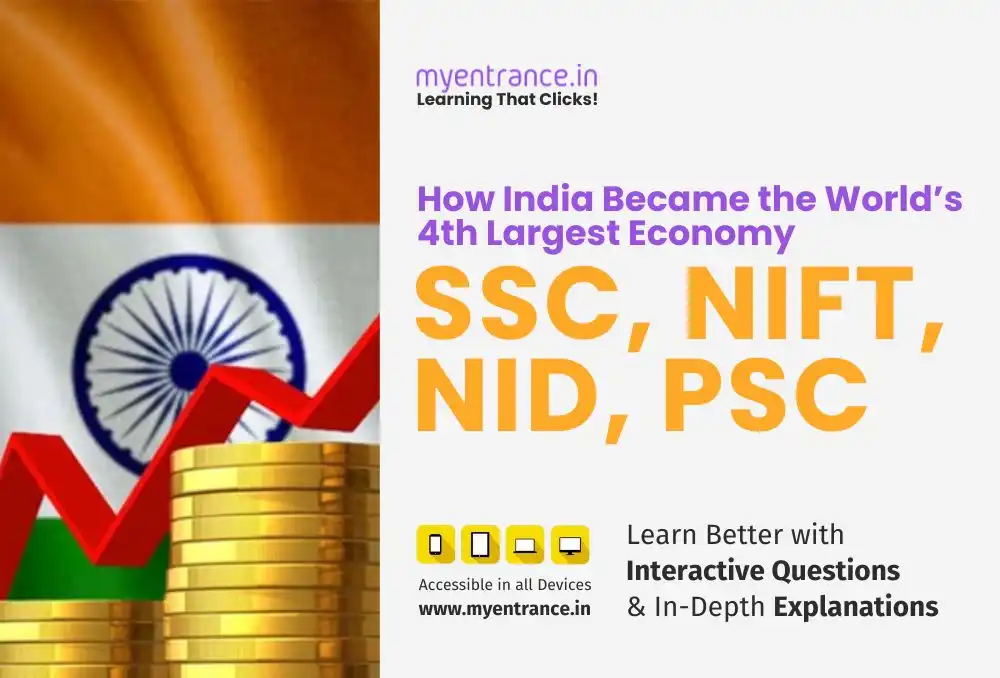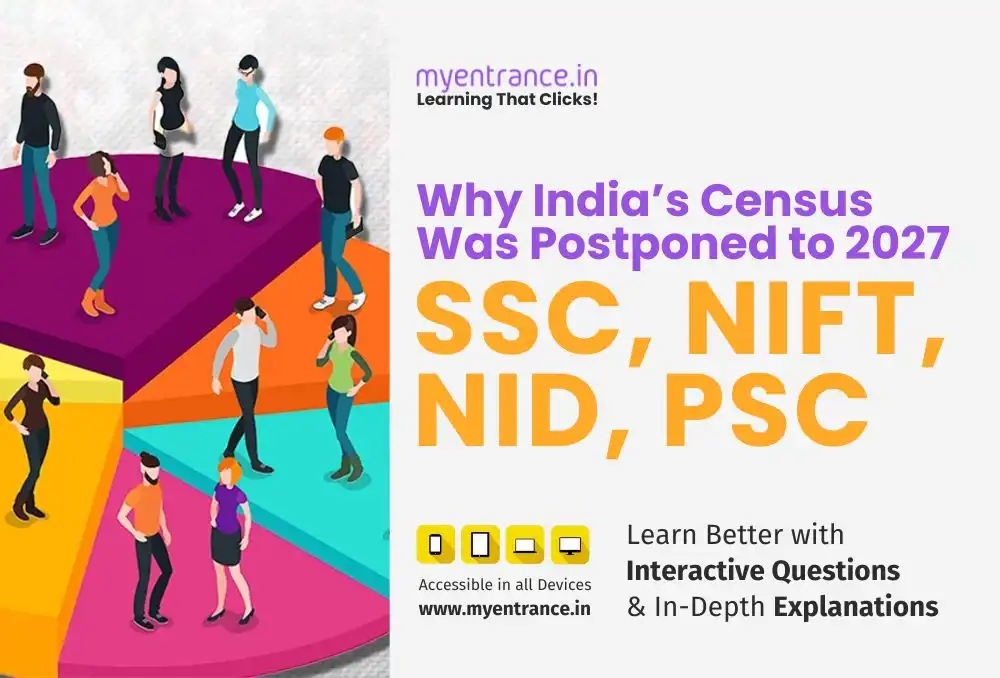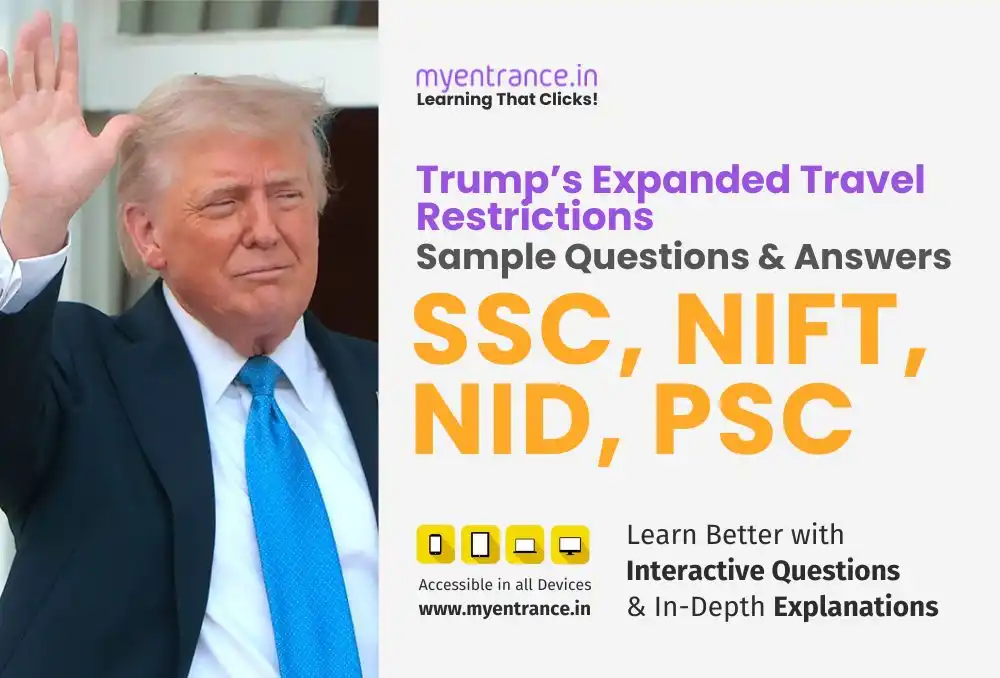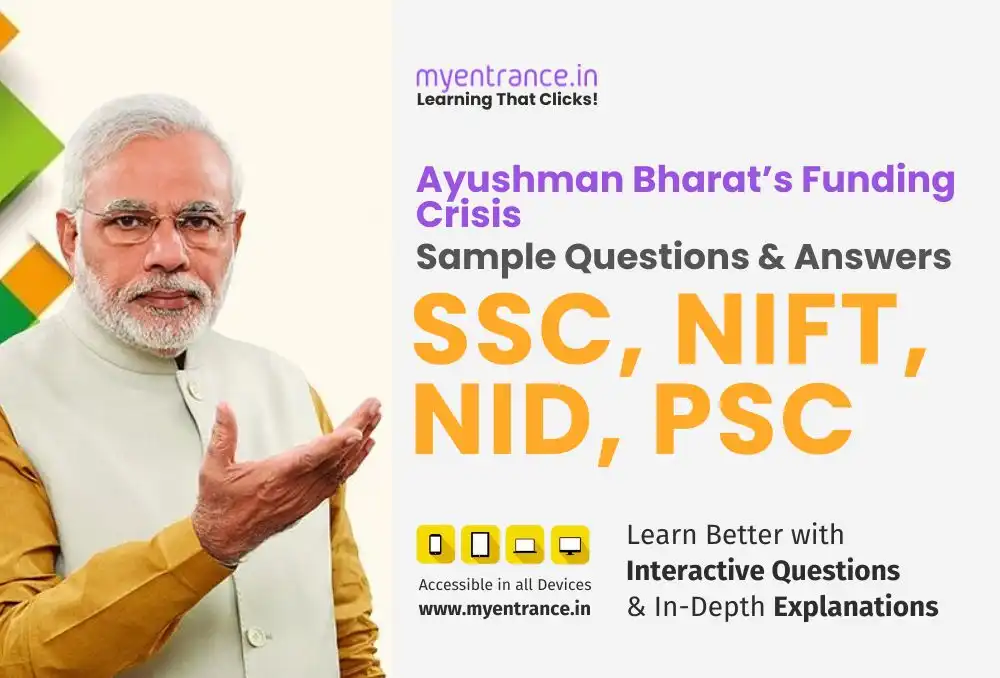Select Language
Pakistan in UNSC Counter-Terrorism Bodies: Implications for India’s Security Strategy: Sample Q&A
Pakistan’s recent appointment to key UN Security Council counter-terrorism roles has sparked diplomatic unease in India. This development challenges India’s efforts to isolate Pakistan globally for sponsoring cross-border terrorism.
Pakistan’s UNSC Appointments: The Core Issue
In May 2024, Pakistan secured three strategic roles in UNSC counter-terrorism bodies:
Chair of the Taliban Sanctions Committee (Resolution 1988)
Vice-Chair of the Counter-Terrorism Committee (CTC, Resolution 1373)
Member of the Working Group on UN Sanctions
This comes despite India’s intensified global campaign to expose Pakistan as a terrorism epicenter, especially after April’s Pahalgam terror attack and Operation Sindoor.
Why India Is Concerned
Credibility Conflict: Pakistan, long accused by India of harboring groups like Lashkar-e-Taiba and Jaish-e-Mohammed, now oversees sanctions against the Taliban—a group it historically supported.
Diplomatic Setback: India’s multi-party delegations had just lobbied UNSC members (like USA, Russia, UK) to sanction Pakistan-based terrorists. China’s backing ensured Pakistan’s appointments.
Operational Risks: Pakistan could obstruct India’s efforts to sanction terrorists (e.g., Masood Azhar) through these panels.
Key UNSC Counter-Terrorism Bodies Explained
1267/1988 Taliban Sanctions Committee:
Monitors asset freezes, travel bans, and arms embargoes on Taliban-linked entities.
Pakistan now chairs the 1988 Committee overseeing Afghan sanctions.
Counter-Terrorism Committee (CTC):
Enforces Resolution 1373 (post-9/11), requiring states to criminalize terror financing and deny safe havens.
Pakistan is vice-chair, influencing global counter-terror policy.
1540 Committee:
Prevents WMD proliferation to non-state actors (not directly impacted here).
Broader Implications for India & UNSC Reform
Veto Power Dysfunction: China’s support for Pakistan highlights how permanent members (P5) use veto rights to advance allies, paralyzing the UNSC (e.g., inaction on Ukraine).
India’s Counter-Strategy: Leveraging allies like Russia (vice-chair of Taliban Committee) and Greece (co-chair of Sanctions Working Group) to check Pakistan’s influence.
UNSC Reform Urgency: India advocates expanding permanent membership to reflect 21st-century realities, citing such appointments as evidence of systemic flaws.
5 Sample Q&A for Exams
Q1 (PSC): What is the mandate of the UNSC’s 1267 Committee?
A1: To sanction individuals/entities linked to Al-Qaeda and ISIS via asset freezes, travel bans, and arms embargoes.
Q2 (SSC): How does the UNSC determine a “threat to international peace”?
A2: Through intelligence reports, member state complaints, and investigations by UN bodies—followed by resolutions requiring 9/15 votes and no P5 veto.
Q3 (UPSC Mains): “The UNSC veto power has shifted from encouraging consensus to enabling obstruction.” Critically analyze.
A3: Arguments for: Vetoes block action on crises (Syria, Ukraine). Arguments against: Prevents forceful imposition by major powers. Conclusion: Reforms like veto restraint in genocide cases are needed.
Q4 (NIFT/GK): Which resolution established the UN’s Counter-Terrorism Committee?
A4: Resolution 1373 (2001), adopted after the 9/11 attacks.
Q5 (FDDI): Name India’s key proposal for UNSC reform.
A5: Expansion to include India, Brazil, Germany, Japan, and African nations as permanent members.
Most Predicted Questions
Comprehensive study materials, Expert-guided tips & tricks, Mock tests and instant results.
Start your SSC, NIFT, NID, FDDI, PSC journey today with MyEntrance, your ultimate online coaching platform.
